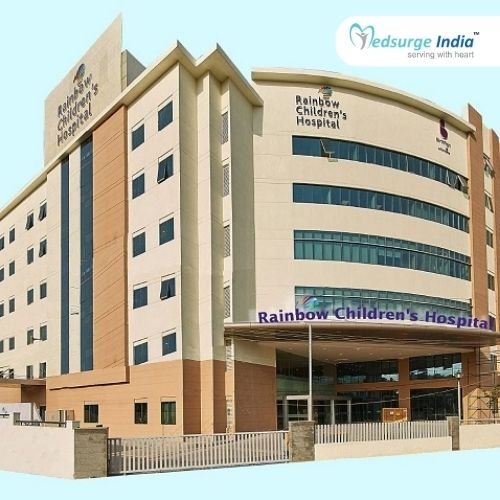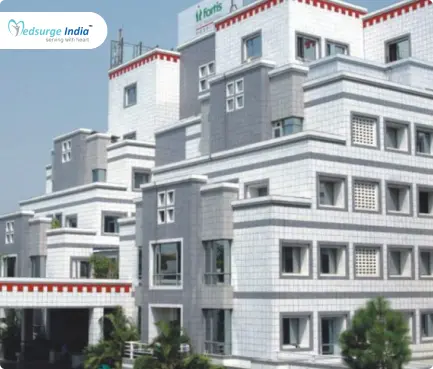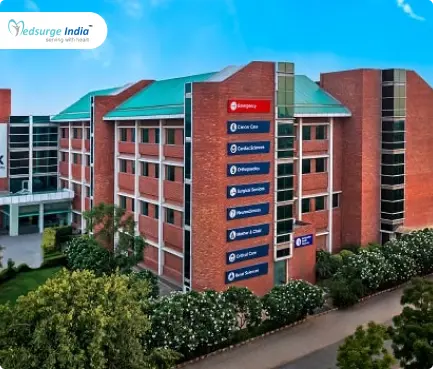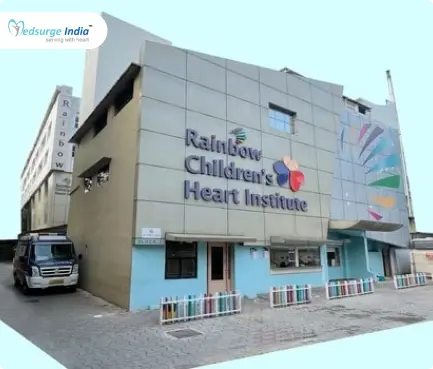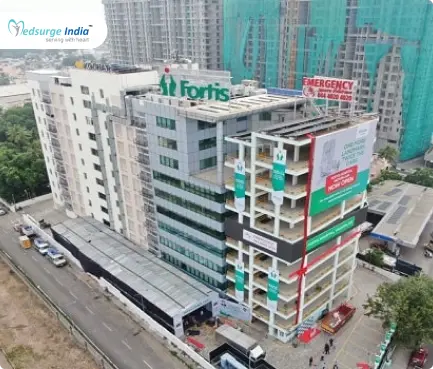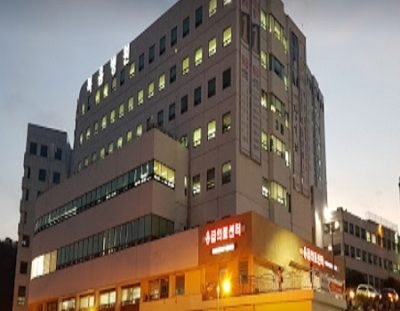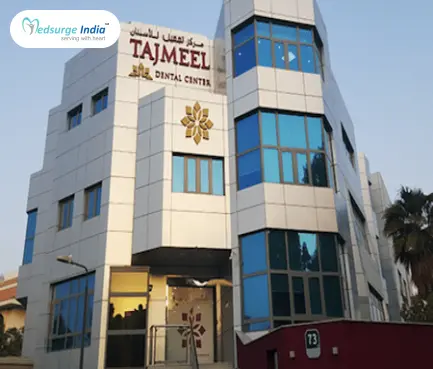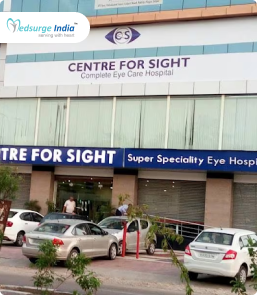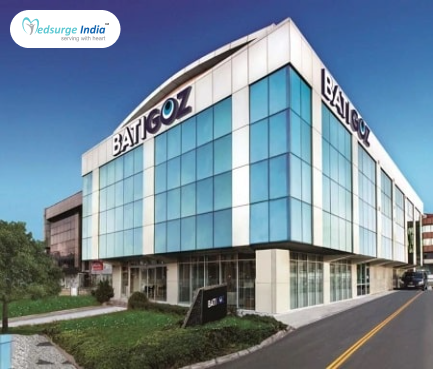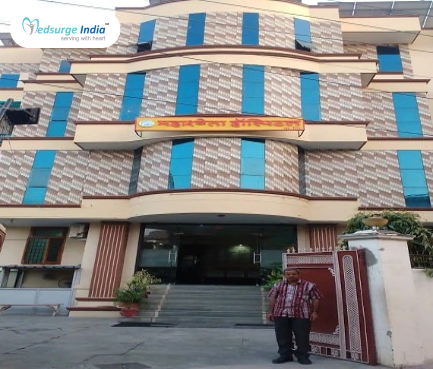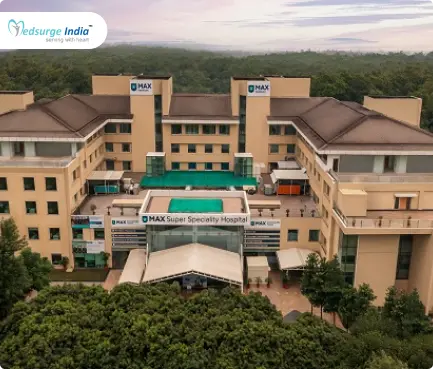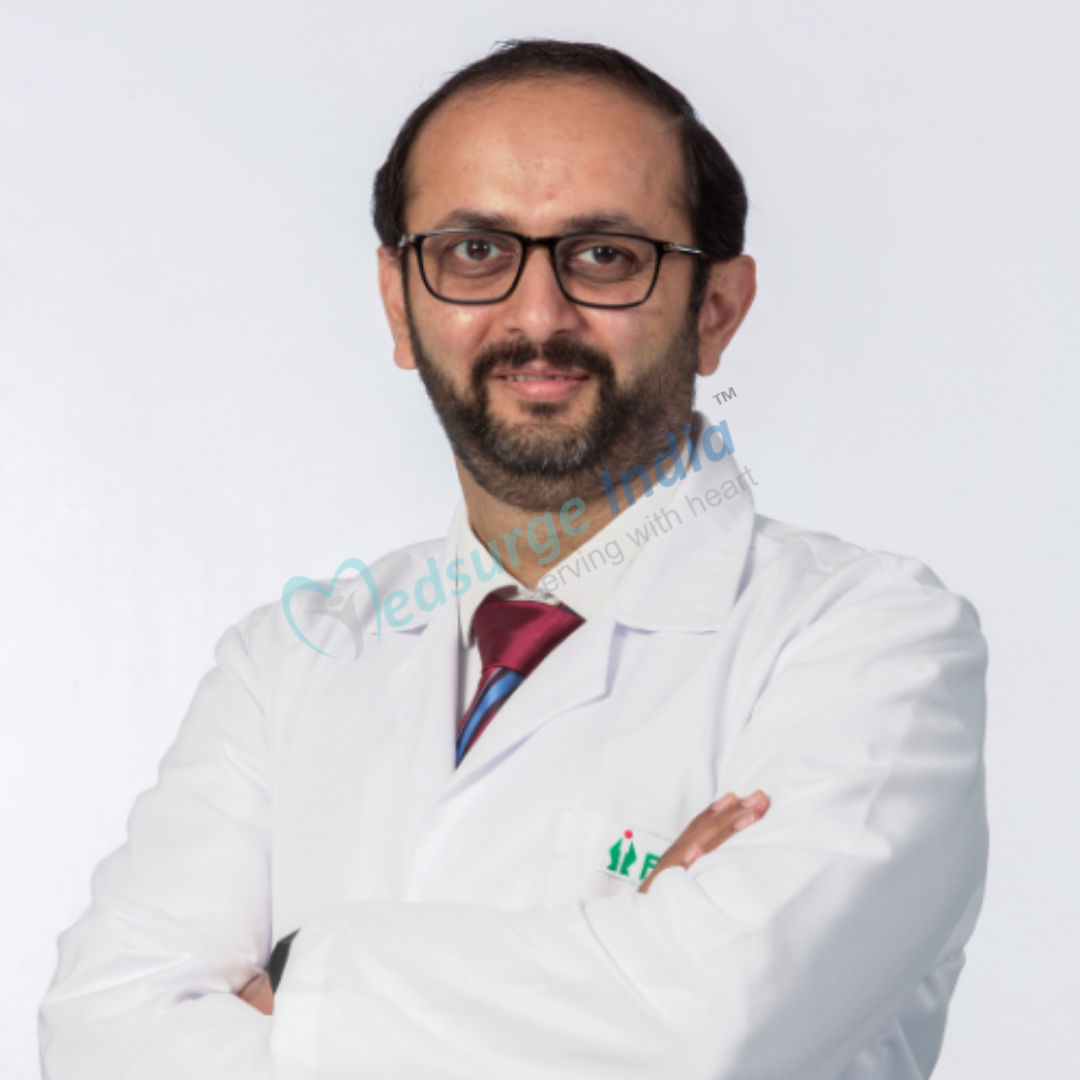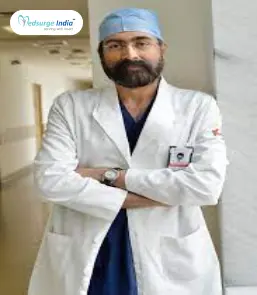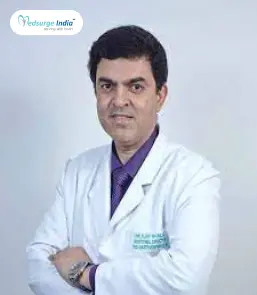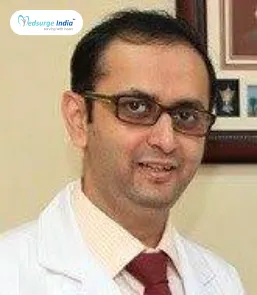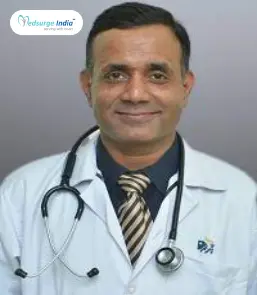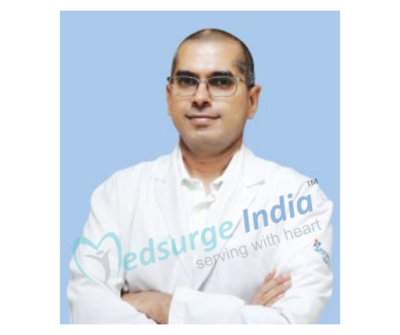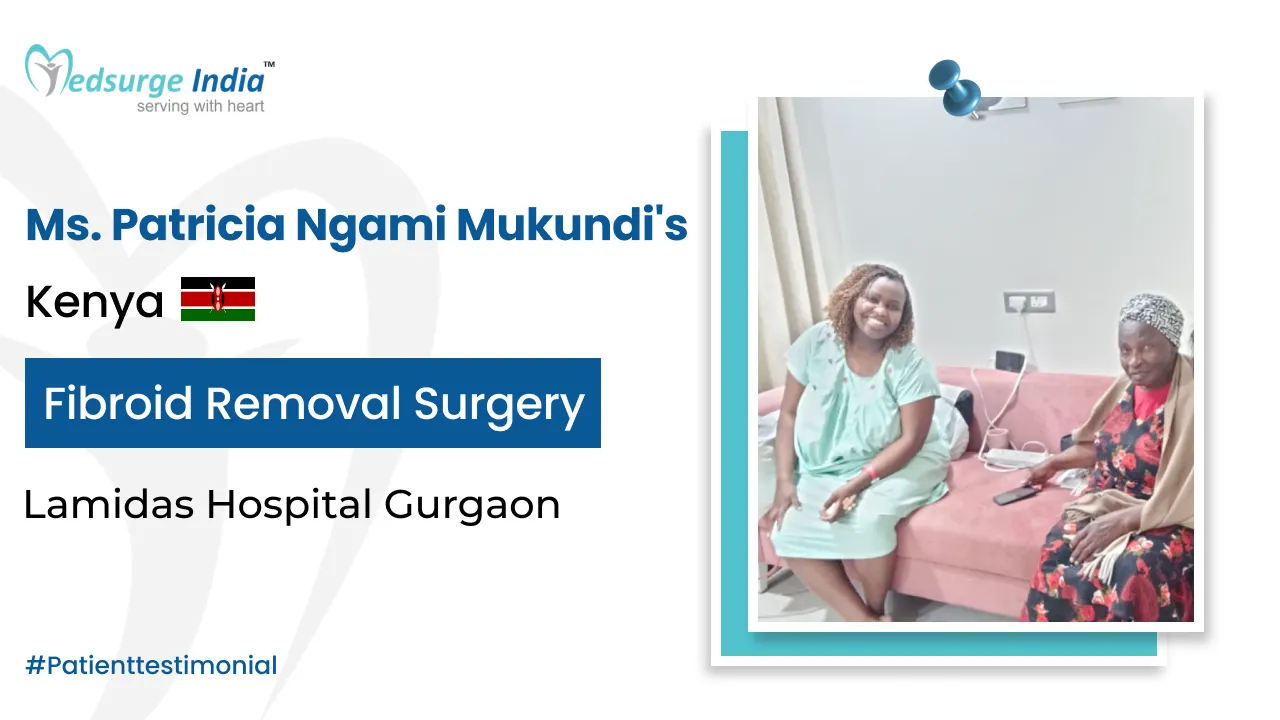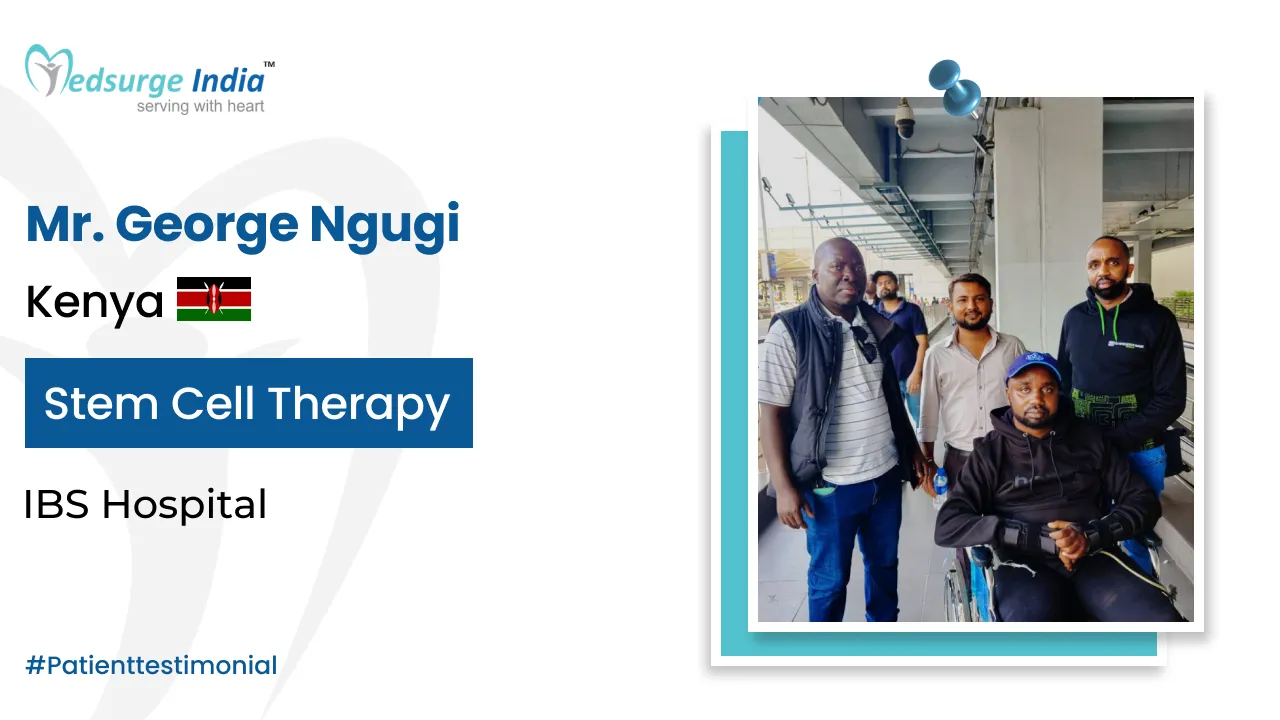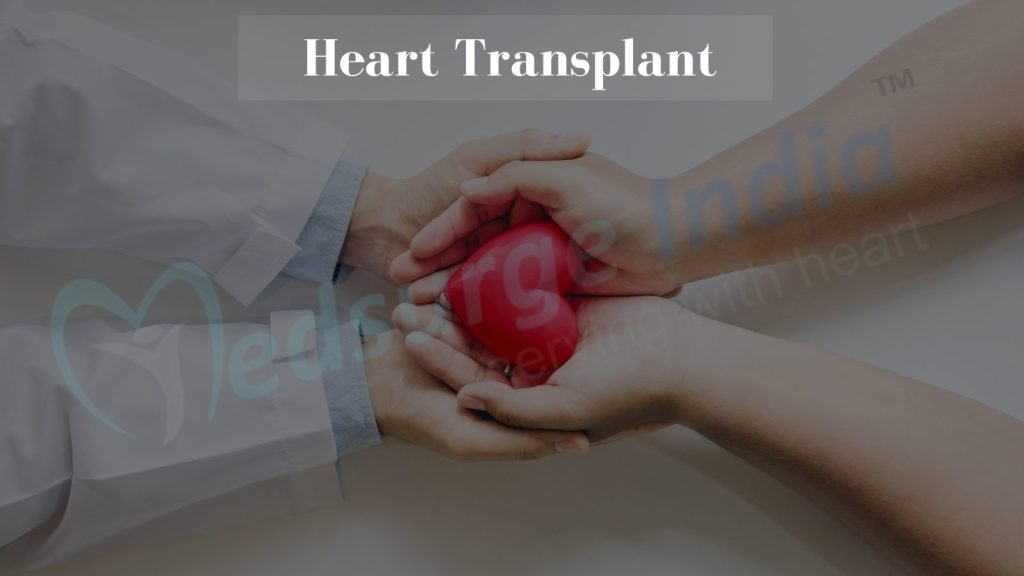
What is Heart Transplant?
A heart transplant, also known as a cardiac transplant, is a delicate process in which a diseased heart is replaced with a healthy donor heart. Patients with end-stage cardiac disease or multiple coronary artery disorders who cannot be treated with any other intervention should consider this treatment. A heart transplant is a rare treatment carried out at some of the world’s most modern and technically capable facilities.
It’s frequently advised for patients whose cardiac function hasn’t improved despite operations and long-term drug use. The damaged heart is replaced with a perfectly functional heart during the heart transplant process. The heart that will be utilized for replacement comes from a patient who is brain dead but remains on life support.
After healthcare professionals have thoroughly reviewed the patient’s condition and determined that heart transplantation is the best treatment option for heart failure, the patient is placed on a waiting list for a heart transplant. The doctor also ensures that the patient is in good enough health to undergo the transplant and that there are no unpredictable complications.
Why Did You Decide to Have Your Heart Transplant in Turkey?
Turkey is one of the most popular heart transplant destinations in the world. The country has the lowest heart transplant costs, as well as the best specialists and cutting-edge medical facilities.
Turkey is gradually becoming a popular health tourism destination for organ transplants, thanks to its competent medical professionals and improved health infrastructure. Turkey has made substantial expenditures in the health sector in order to improve service quality and boost medical tourism.
For patients who are suffering from heart failure and have been advised to undergo organ transplantation surgery, heart transplantation in Turkey is a safe and cost-effective therapy choice. This makes it an attractive option for patients from the United States and Europe, such as France, the United Kingdom, Germany, and other countries. Each year, thousands of people from these countries travel to Turkey for medical treatment. Turkish heart surgeons with vast experience and a track record of success in similar procedures do this surgery.
Heart Transplant Cost in Turkey
Average Heart Transplant Cost in Turkey starts from USD 14,000. The pricing for a Heart Transplant in Turkey will vary depending on various factors.
Herat Transplant Cost in Different Parts of Turkey
| Cities | Starting Prices |
| Istanbul | USD 14,000 |
| Ankara | USD 14,000 |
| Antalya | USD 14,000 |
| Izmir | USD 14,000 |
| Bursa | USD 14,000 |
| Adana | USD 14,000 |
Please keep in mind that prices of Heart Transplant cost in Turkey will vary depending on the various factors.
Factors That Can Affect Heart Transplant Cost in Turkey
The following here are some variables that can affect Heart Transplant Cost in Turkey:
- Medication costs.
- Duration of treatment.
- Geographical location.
- Hospitalization expenses.
- Government policies and subsidies.
- Medical tourism packages.
- Hospital reputation and infrastructure.
- The expertise and experience of medical professionals.
- The type and frequency of diagnostic procedures.
- The choice of treatment modality.
Patients can receive the lowest Heart Transplant Cost in Turkey from Medsurge India. Even after eliminating the cost of hotel, meals, and transportation, the caliber and grade of medical care and amenities are on par with that of the world’s most renowned healthcare centers.
Heart Transplant Hospitals in Turkey
Patients with end-stage cardiac disease can receive a heart transplant at a number of hospitals in Turkey. The country is known for its high-quality medical care, and when it comes to heart transplants, the best hospitals in Turkey are among the best in the world, with a reputation for performing the process with considerable caution and care. This treatment is carried out by some of the country’s most experienced and proficient cardiac surgeons, who have received their education and training from internationally renowned medical institutions.
Top Heart Transplantation Hospitals in Turkey are following:
- American Hospital, Istanbul
- Acibadem Hospitals Group, Istanbul, Turkey
- Medical Park Bahcelievler Hospital, Istanbul, Turkey
- Medicana Bursa Hospital, Bursa, Turkey
- Medipol University Hospital, Turkey
Get Free Cost Estimation
Procedure
What is The Procedure For a Heart Transplant?
The following steps are commonly followed during heart transplant surgery:
- You will be put under general anesthesia and slept for the duration of the surgery. Anesthesia ensures that you are not in any pain or discomfort during the procedure.
- Because the heart transplant process is performed on a non-beating heart, you will be connected to a heart-lung bypass machine. This equipment temporarily replaces the natural blood circulation system.
- The surgeons will make an incision in your chest and separate the chest bone to access the rib cage. As a result, your heart will be exposed.
- The damaged heart is removed and replaced with a donor’s heart. All of the major blood arteries are connected to the donor’s heart.
- Your heart begins to beat again as soon as you are detached from the artificial heart-lung bypass device.
- Doctors may shock the donor’s heart to get it to beat if required. The chest is sewn back together once the donor’s heart starts to beat again.
In individuals with specific problems, a heart transplantation surgery is frequently combined with the transplantation of another organ. Depending on the patient’s state and the disease he or she is suffering from, these organs may include the kidney, liver, or lungs. However, not all cardiac patients are candidates for heart transplant surgery. Patients having a history of cancer, serious disorders that would decrease their lifetime otherwise, active infection, advanced age, or bad lifestyle practices should not have their hearts transplanted.
Suggestion
As new techniques and generations of medications are discovered, the success rate of heart transplant surgery is growing. After a heart transplant, the average life expectancy is 9 years and growing. A heart transplant’s success rate after one year is 87 percent, while the success rate after five years is expected to be 57%.
After the transplant, patients are encouraged to adopt healthy habits such as not smoking, exercising, and eating a balanced diet. The patient must follow all of the doctor’s recommendations and precautions, as well as attend regular follow-up appointments.
The Most Important Frequently Asked Questions
Q: What Are the Disadvantages of a Heart Transplants?
A: It’s a big procedure with surgical risks such as hemorrhage. To suppress your immune system, you’ll need to take potent medications. It’s likely that the transplanted heart won’t be able to keep the circulation going. After that, there is a chance of dying, which is highest in the first few months.
Q: How Long Does It Take for a Body to Reject a Heart Transplant?
A: Acute cellular rejection is the most common type of heart transplant rejection. This occurs when your immune system’s T-cells attack the cells in your new heart. It occurs most frequently in the first 3 to 6 months following transplantation.
Q: What Is the Hardest Organ to Transplant?
A: Lungs are the most challenging organ to transplant since they are very susceptible to infections in the donor’s later years. They may be damaged during the recovery process from the donor, or they may collapse after surgeons begin to ventilate them following the transplant.
Q: Why Do Organ Transplants Reject?
A: When a patient undergoes an organ transplant, the immune system frequently recognises the donor organ as “foreign,” and T cells and antibodies produced by B cells attack it. These T cells and antibodies harm the organ over time, resulting in decreased organ function or organ failure. Organ rejection is the medical term for such thing.
Q: What Are the Tests Done Before Organ Transplantation?
A: According to OPTN guidelines, OPOs and living donor recovery clinics must undertake the following tests to determine if the donor may be infected: Human immunodeficiency virus (HIV), hepatitis B virus (HBV), hepatitis C virus (HCV), syphilis, cytomegalovirus (CMV), Epstein Barr Virus (EBV), and toxoplasmosis are all diseases caused by the human immunodeficiency virus.
Top Hospitals for Heart Transplant in Turkey
Top Doctors for Transplant Surgery
Dr. Mahesh Gopasetty
Senior Consultant , Fellowship, MRCS, MS, MBBS
Experience: 23 years of experience
Gleneagles Global Hospitals, Richmond Road, Bengaluru
Bangalore , India
Dr. Amar Deep Yadav
Senior Consultant
Experience: 10 years of experience
Venkateshwar Hospital, New Delhi
New Delhi, India
Dr. Suresh Raghavaiah
Consultant
Experience: 17 years of experience
Apollo Hospital Bangalore Bannerghatta Road
Bangalore, India
Dr. Arvinder Singh Soin
Chairman
Experience: 30 years of experience
Medanta – The Medicity, Gurgaon
Gurgaon, India
Dr. Mohammed Abdun Nayeem
HOD
Experience: 22 years of experience
Apollo Hospitals, Greams Road, Chennai
Hyderabad, India
Dr. Mahesh Gopashetty
Senior Consultant
Experience: 22 years of experience
Apollo Hospital Bangalore Bannerghatta Road
Bangalore, India
Dr. Aravind K S
Consultant
Experience: 12 years of experience
Manipal Hospital Formerly Columbia Asia Referral Hospital, Bangalore (Yeshwanthpur)
Bangalore, India
Dr. Thiagrajan Srinivasan
Senior Consultant
Experience: 14 years of experience
Medanta – The Medicity, Gurgaon
Gurgaon, India
Dr. Ashish Singhal
Senior Consultant
Experience: 12 years of experience
Fortis Memorial Research Institute, Gurgaon
Gurgaon, India
Dr. Abhideep Chaudhary
Vice Chairman & HOD - HPB Surgery & Liver Transplantation
Experience: 20+ years of experience
BLK Super Speciality Hospital, New Delhi
New Delhi, India

